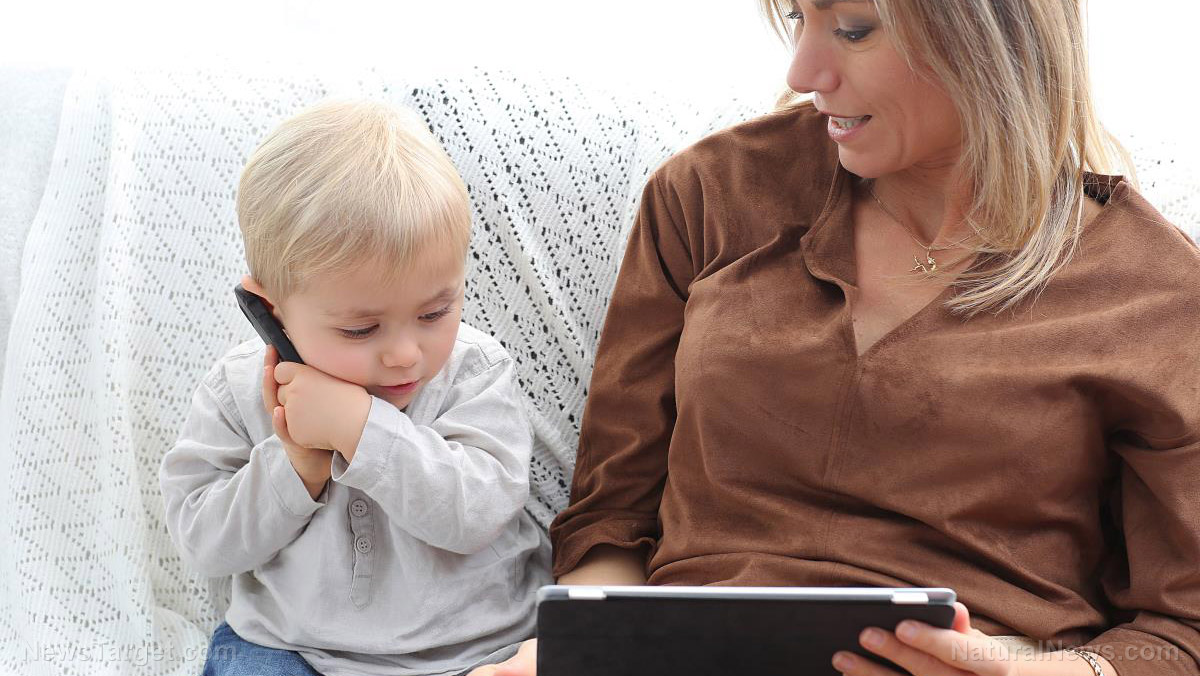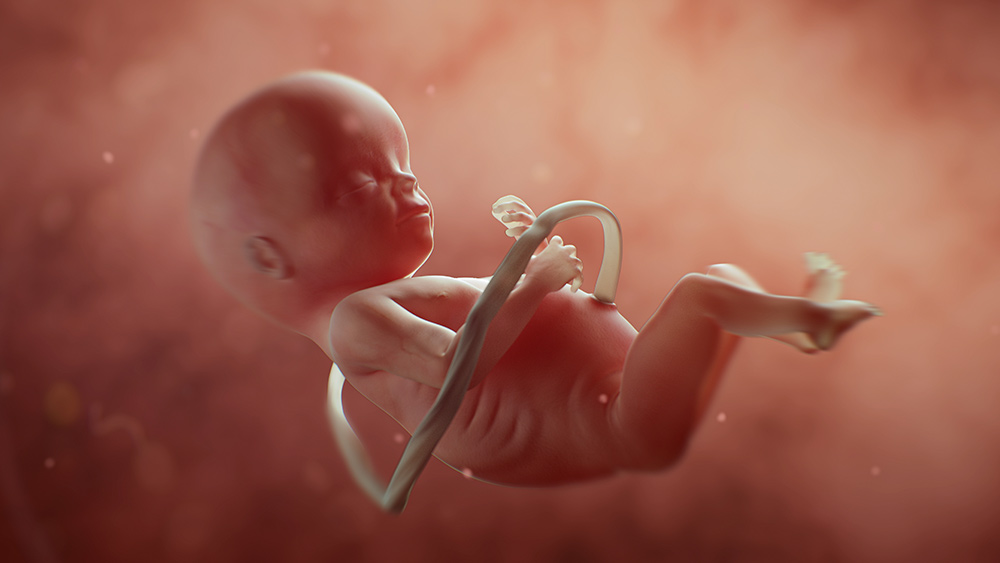 Parler
Parler Gab
Gab
Lockdowns negatively affect kids in many ways
The authors also noted several observations among the participants – with children getting less sleep foremost among them. Aside from this, children's average body fat rose to about 16 percent during the lockdowns. Prior to the stay-home orders, children only had an average of 13 percent body fat. "Since the outbreak of [COVID-19] in Japan after April 2020, children have not been able to engage in sufficient physical education, sports activities and outdoor play at school," lead study author and motion analysis expert Dr. Tadashi Ito commented. "It became clear that balance ability during movement was easily affected, lifestyle habits were disrupted, and the percentage of body fat was likely to increase." He also pointed out that though the research was done in Japan, it reflects the activities of many youth. (Related: Covid lockdowns weakened children's immunity, resulting in record number of toddler hospitalizations.) The damage caused by lockdowns are not limited to children, as even babies were affected. A separate study done in Ireland suggested that babies born during the country's first COVID-19 lockdown were found to be slower to develop social communication skills than children born pre-pandemic. According to the research, they were less likely to be able to wave goodbye, point at things and know a "definite and meaningful word" by the time they turn one year old. Nevertheless, the authors of the study assured parents that babies are resilient and inquisitive by nature, and are likely to bounce back given the right support. They noted that it could take years before they have a fuller picture of the lockdowns' effects on children. Pandemic.news has more stories about the negative effects of lockdowns on children's health. Watch Jefferey Jaxen and Del Bigtree in the video below as they talk about life after lockdown on "The HighWire." This video is from the Puretrauma357 channel on Brighteon.com.More related stories:
60,000 British children suffer from depression due to COVID-19 lockdowns, study finds. COVID-19 lockdowns linked to increased hepatitis risk in children, says Australian infectious diseases expert. CDC knows lockdowns harm the mental health of children – but it supports them anyway. CCP plant "Wuhan Wen" now agrees with "anti-science" Americans and admits that Covid masks and lockdowns RUIN children's cognitive and motor development.Sources include:
DailyMail.co.uk MDPI.com ADC.BMJ.com Brighteon.comHuman farming: Artificial womb facility provides glimpse of pregnancy in the future
By Belle Carter // Share
Researchers discover SHARK GRAVEYARD with tooth of megalodon ancestor in Indian Ocean
By Kevin Hughes // Share
Abortion industry wants legal immunity to kill live-birth babies who survive botched abortions
By Lance D Johnson // Share
Governments continue to obscure COVID-19 vaccine data amid rising concerns over excess deaths
By patricklewis // Share
Tech giant Microsoft backs EXTINCTION with its support of carbon capture programs
By ramontomeydw // Share
Germany to resume arms exports to Israel despite repeated ceasefire violations
By isabelle // Share










